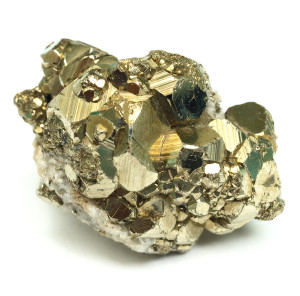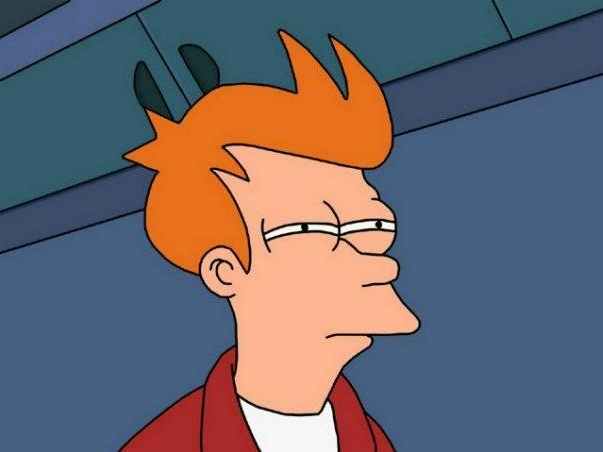What if you ACTUALLY learned to do this?
When I started Evidence-based Fitness in 2007, my goal was to draw attention to how research informs, and misinforms health decisions; that what a research paper says it shows, isn’t always what it shows. I thought that by doing this, writers, coaches, and doctors would realize that learning the skill of complex literature analysis position them to responsibly advise others about their health. After professionally editing complex academic literature for nearly a decade I knew I could lead by example. By modelling good practice, it would lead to good practice. But that hasn’t happened. Health practitioners still don’t have the analysis skills they want.. Health writers still rely on watered-down press releases. This has resulted in a noise-filled infosphere where all opinions seem equal. People actually think putting a stick of butter in their coffee is good for them. Read More...
The most important thing
I get asked a lot about critical appraisal (i.e. how to read a research paper). I have never had a good answer because it’s not a single skill, but the convergence of many skills coming together to help you understand what someone else has done in their experiment and how that applies to both the actual question they answered and the context in which that answer fits in the larger context of the field in which they are doing the work. Read More...
Non-nutritive sweeteners: The pain continues
It’s been 2 weeks since the systematic review and meta-analysis on non-nutritive sweeteners was published. Let’s look at what happened on how it was reported. If you are interested in my interpretation of the July 2017 systematic review and meta-analysis published in the Canadian Medical Journal, which is what these media examples were reporting on, the link is here. Read More...
Non-nutritive sweeteners: This is going to hurt.
This is going to hurt. Read More...
The long-anticipated fall of the systematic review
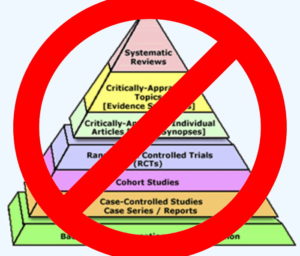 You may have noticed that for a blog that is called “Evidence-Based Fitness”, that there is not one single mention or reference to the “Hierarchy of Evidence” pyramid. This is entirely intentional. I can’t count the number of blog drafts that I’ve tried to write and then scrapped on how much I hated the old “hierarchy of evidence”. But this week, the Evidence-Based Medicine “pyramid” has finally been reworked. It’s not as graphically pretty. It does, however, better reflect the reality of the “this is not actually how it works” pyramid of old. The new infographic was revealed and can be found here (it’s even open access!) So what does this new infographic mean?
You may have noticed that for a blog that is called “Evidence-Based Fitness”, that there is not one single mention or reference to the “Hierarchy of Evidence” pyramid. This is entirely intentional. I can’t count the number of blog drafts that I’ve tried to write and then scrapped on how much I hated the old “hierarchy of evidence”. But this week, the Evidence-Based Medicine “pyramid” has finally been reworked. It’s not as graphically pretty. It does, however, better reflect the reality of the “this is not actually how it works” pyramid of old. The new infographic was revealed and can be found here (it’s even open access!) So what does this new infographic mean?
In a nutshell, it means there are no more simple answers and no more simple classifications. It means you can’t skip steps. It hopefully means an end to the blind application of a clearly dysfunctional classification system to interpret and compare studies to one another. Read More...
Animal Farm Evidence: Some studies are not more equal than others.
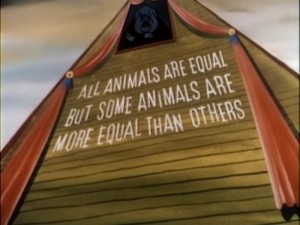 Something interesting happened today. A social media post went out about a study showing an association between strength training in individuals older than 65 years of age and all-cause mortality.
Something interesting happened today. A social media post went out about a study showing an association between strength training in individuals older than 65 years of age and all-cause mortality.
This, of course, was re-posted and praised in the echoes that followed because nothing feels quite so good as being “right” about your choices. Read More...
Systematic Reviews: All that glitters is not gold.
This is a short article I submitted to Science-Based Medicine a couple of years ago, which never made it to their blog and then I forgot about it. But then I came across it and figured I should use it since I already did the work; and lately there seem to be a lot of systematic reviews being published. Read More...
How to decide when you don’t know how to decide
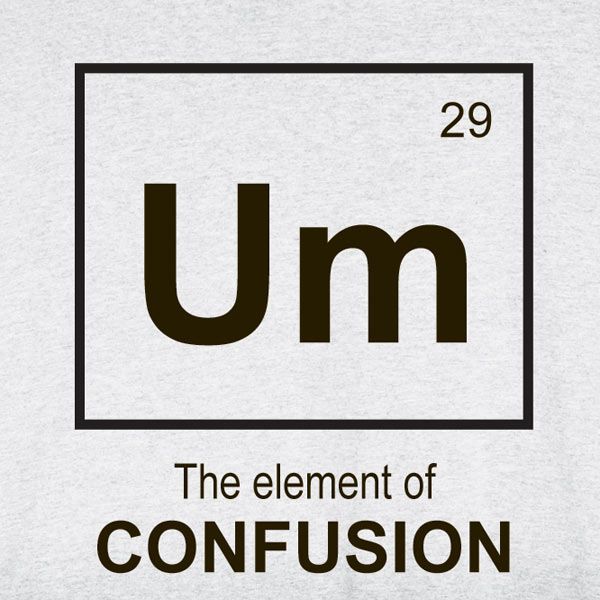
I don’t know why they picked 29, since that the atomic number for copper, but this design is from http://www.whatonearthcatalog.com/cgi-bin/hazel.cgi?action=DETAIL&ITEM=CL9321
Two things happened this week that inspried me to write this post: Read More...
The HMB-FA randomized trial: Not Sure If….
On first glance, I haven’t seen data this promising about a supplement since…ever. HMB (beta-hydroxy-beta-metahybutyrate) has been so _unpromising_ since its emergence back in the late 1990’s/early 2000’s, that I had basically stopped reading about it. And then Andrew Vigotsky mentioned me on Twitter and…well, consider me initially genuinely excited. Which is rare. Like, the next thing that might happen is a rain of frogs. But then I dug a little bit. Read More...
